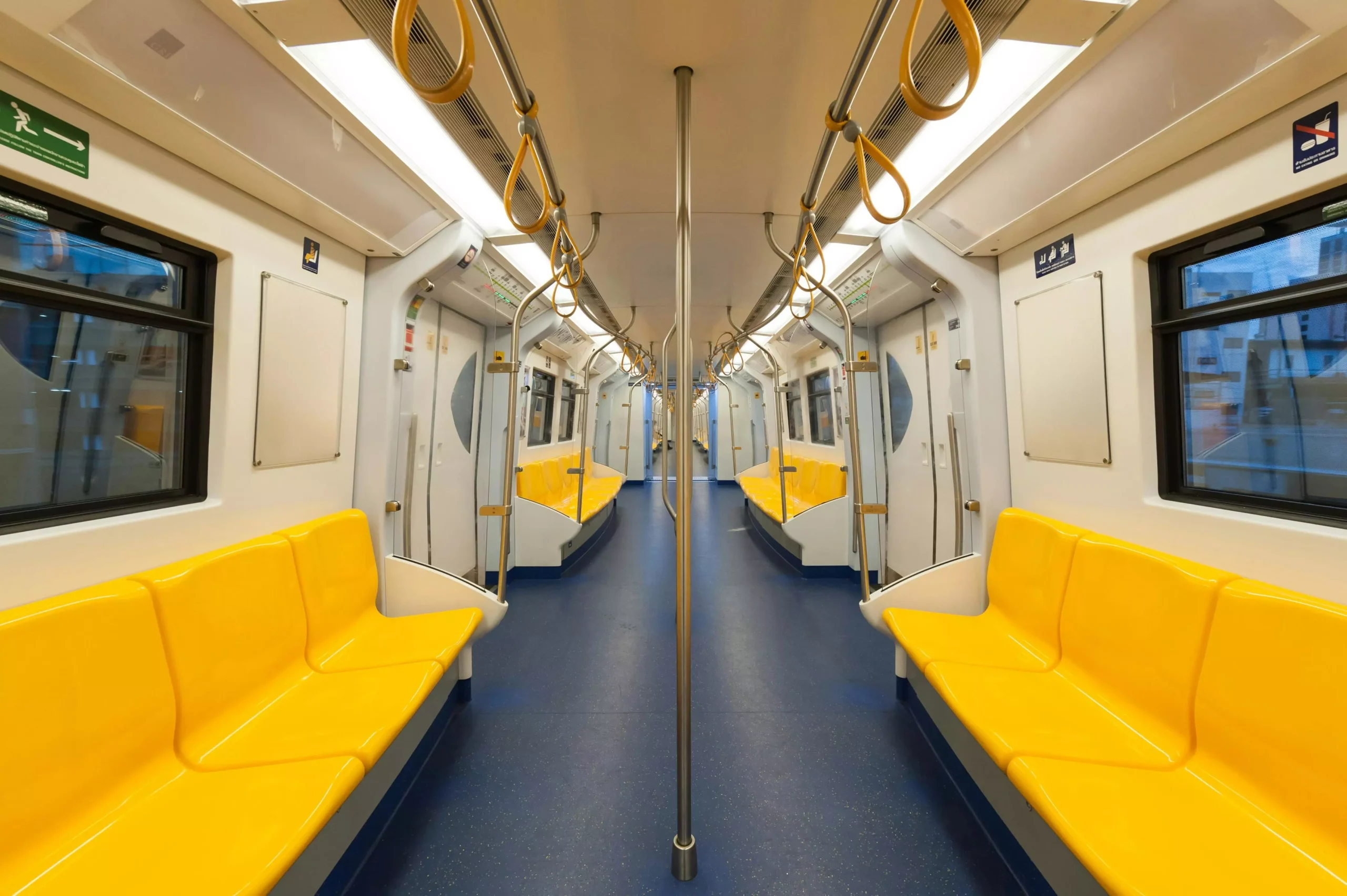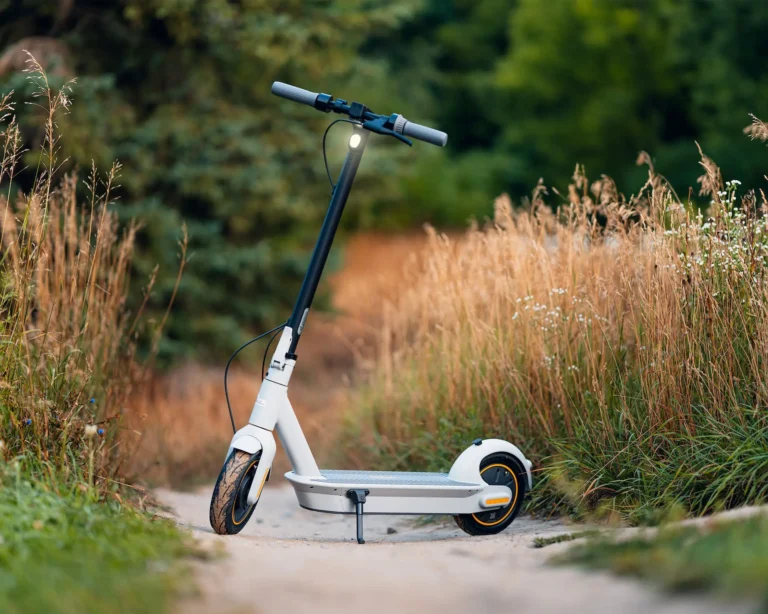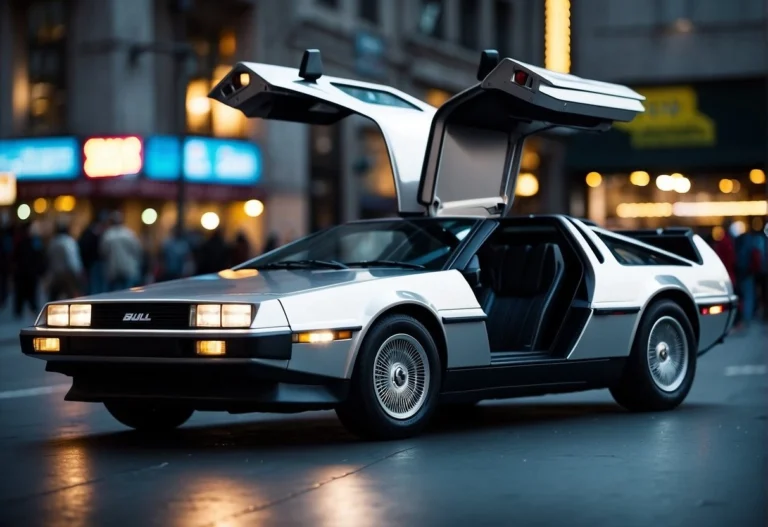The Future of Public Transportation: Towards a Transformative Shift

As we navigate through the ever-evolving landscape of urban living, the future of public transportation promises a radical transformation that will reshape our daily lives. The rise of private cars, once emblematic of autonomy and freedom, has proven to be overly successful, contributing to congestion, deteriorating air quality, and posing serious threats to our health(sources from medcom.com.pl).
Contents [show]
Challenges of Private Car Dependency:
A prominent Silicon Valley consulting firm highlighted the paradox of the prevailing car culture, where individuals are compelled to purchase large vehicles for routine tasks like buying meals, resulting in environmental pollution. The need for reevaluating our modes of transportation becomes increasingly urgent with the growing global population and the current trend of escalating private car ownership.
The Vision for Future Transportation:
The future envisions a shift towards autonomous driving, increased utilization of shared public transport, or the adoption of more comprehensive transportation systems. These changes aim to alleviate urban congestion, reduce pollution, and promote healthier living environments.
Integrated Mobility Solutions:
Efforts to create a seamlessly integrated and efficient transportation network are underway. While the majority in the industry agree on the pursuit of “more effective integration and seamless connectivity” in modes of transport, it is essential to acknowledge the significance of walking or cycling as crucial components of the overall transportation mix.
Case Study – Autonomous Public Transport: In a Swiss town, autonomous minibuses effortlessly shuttle tourists around scenic spots along the Rhine River. These buses, lacking drivers or steering wheels, are remotely controlled in case of challenges such as temporary road closures. This showcases a glimpse into a future where public transport strengthens the first and last legs of a journey in smart cities, liberating individuals from the constraints of private car ownership.
Challenges and Discussions:
While autonomous driving and electrification seem pivotal in this transformation, discussions surround how to access and own diverse transportation modes and share mobility services seamlessly. Achieving a balance in providing a variety of transportation options and fostering real-time data sharing among service providers remains a topic of ongoing debate.
Integrated Mobility Applications:
The vision of a city without traffic jams involves a one-stop application that allows users to search, book, and pay for various transportation modes. Global competition among companies such as Moovel reflects their efforts to enhance transportation convenience, yet challenges persist in encouraging service providers to integrate and share real-time data.
Shift in Car Ownership and Perception:
The concept of future public transportation seeks to provide the best, most economical, and sustainable solutions to transform urban mobility, rendering private car ownership unnecessary. A mix of transportation options, including electric scooters and bicycles, addresses short-distance travel challenges(quotes from medcom).
Conclusion:
As we transition towards an era where vehicles are debranded and viewed as practical tools rather than status symbols, traditional automakers face the challenge of redefining themselves as Mobility Service Companies. The advent of autonomous driving remains promising, but challenges around reliability, redundancy costs, and data ownership need resolution. However, the vision of fully integrated, sustainable, and efficient public transportation systems is gradually becoming a reality, offering a future where cars are just one element among numerous mobility options.
Read Also Delorean is a Cool Car




